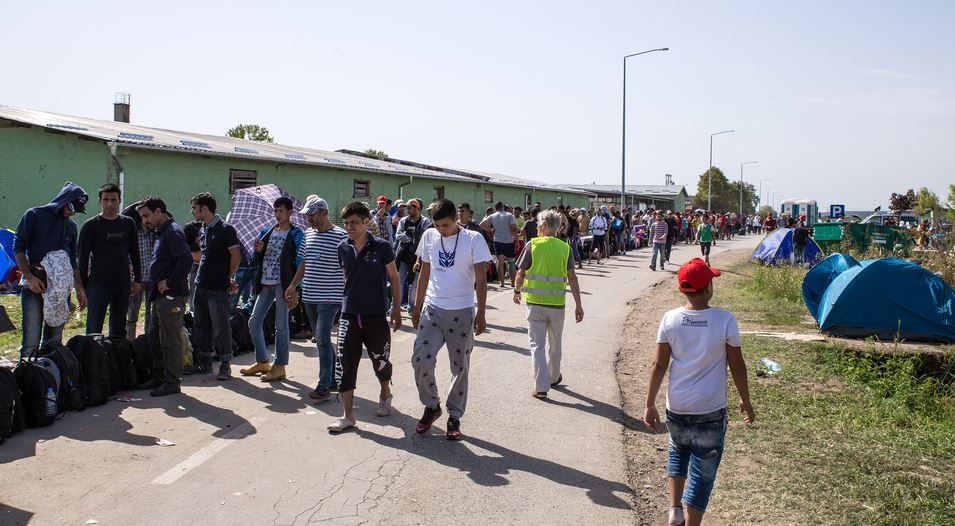
Practical information
The European Union (EU) has witnessed an influx of immigrants for more than two years. It has had an important impact on a great number of member states, and on the EU itself, who turned out to be, to a large extent, incapable of adopting a shared approach.

From a longer-term perspective, the arrival of these immigrants raises numerous issues and poses great challenges to a Europe that is secularized, obsessed with security risks and tempted by cultural isolationism. France, an “old” immigration country, and Austria, a central transit country during the past few years, have interpreted these events in different lights, and have managed the consequences based on their different historic, cultural and legal legacies.
The conference, organized by the Franco-Austrian Centre for European Rapprochement (CFA), the IFRI and the International Centre for Migration Policy Development (Vienna), aims to exchange views on these different experiences and approaches.
Speakers:
Sieglinde ROSENBERGER, professor at the University of Vienna, Vice-President of the Religion and Transformation in Contemporary Society
Didier LESCHI, Director-General of the French Office for Immigration and Integration (OFII), Paris
Bernard PERCHINIG, Chief Researcher, International Centre for Migration Policy Development (Vienna)
Moussa AL-HASSAN DIAW, Co-founder of the Network for Social Cohesion, Prevention, Deradicalization and Democracy, expert on Islamism (Vienna)
Christophe BERTOSSI, Director of the Centre for Migration and Citizenship, IFRI, Paris
Conference in French and German with simultaneous interpretation.
A detailed program is available in French below.
Other events

Paris Naval Conference 2026: Naval Rearmament and Operations in Contested Waters
This fourth edition of the Paris Naval Conference (CNP), bringing together high-level military, industrial, and academic speakers, will address the challenges associated with general naval rearmament and naval operations in increasingly contested environments.





